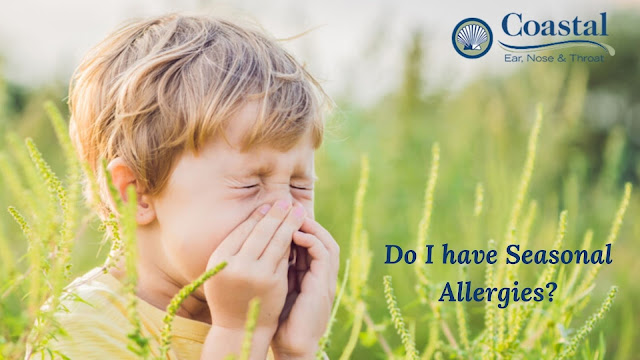Do I have Seasonal Allergies?
Warmer weather, days spent at the park and long bike rides with your family more is a beautiful thing, until your allergies start to flare up. Allergy season is just starting. We encourage you to be proactive about your allergies rather than reactive. Allergens, usually harmless substances, can affect an immune response in an individual resulting in an allergic reaction. These allergens can come in the form of pollen, mold spores, dust mites, pet dander, and more. When an allergen enters the eyes, the lining of the nose or lungs the allergic reaction occurs, and symptoms begin to appear. Symptoms may include itchy eyes, watery eyes, itchy ears, sneezing, nasal discharge, congestion, headaches, fatigue, sinus infections, and dizziness. Allergic rhinitis is also usually associated with asthma. While irritating, environmental allergies can have a very negative impact on the quality of life, causing restless nights of sleep, missing family functions and having to call out of work.
What causes seasonal allergies?
Allergies are caused by an overreaction of the body’s immune system in which the immune system confuses a normally harmless substance, like tree pollen, as a dangerous attacker and goes into defense mode. In response to these invaders, which are referred to as allergens, the immune system generates antibodies. When the antibodies find the allergen, the cells of the immune system release a chemical called histamine. The histamine release can cause allergy symptoms which can include nasal congestion, itchy, watery eyes, sneezing, hives, and skin rash to name a few.
Testing for Environmental & Seasonal Allergies
Adults and children may choose between traditional allergy shots or needle-free sublingual immunotherapy that has been used in Europe for years and is gaining wider acceptance in the United States. Services are provided for both adults and children by qualified health care providers.



Comments
Post a Comment